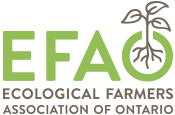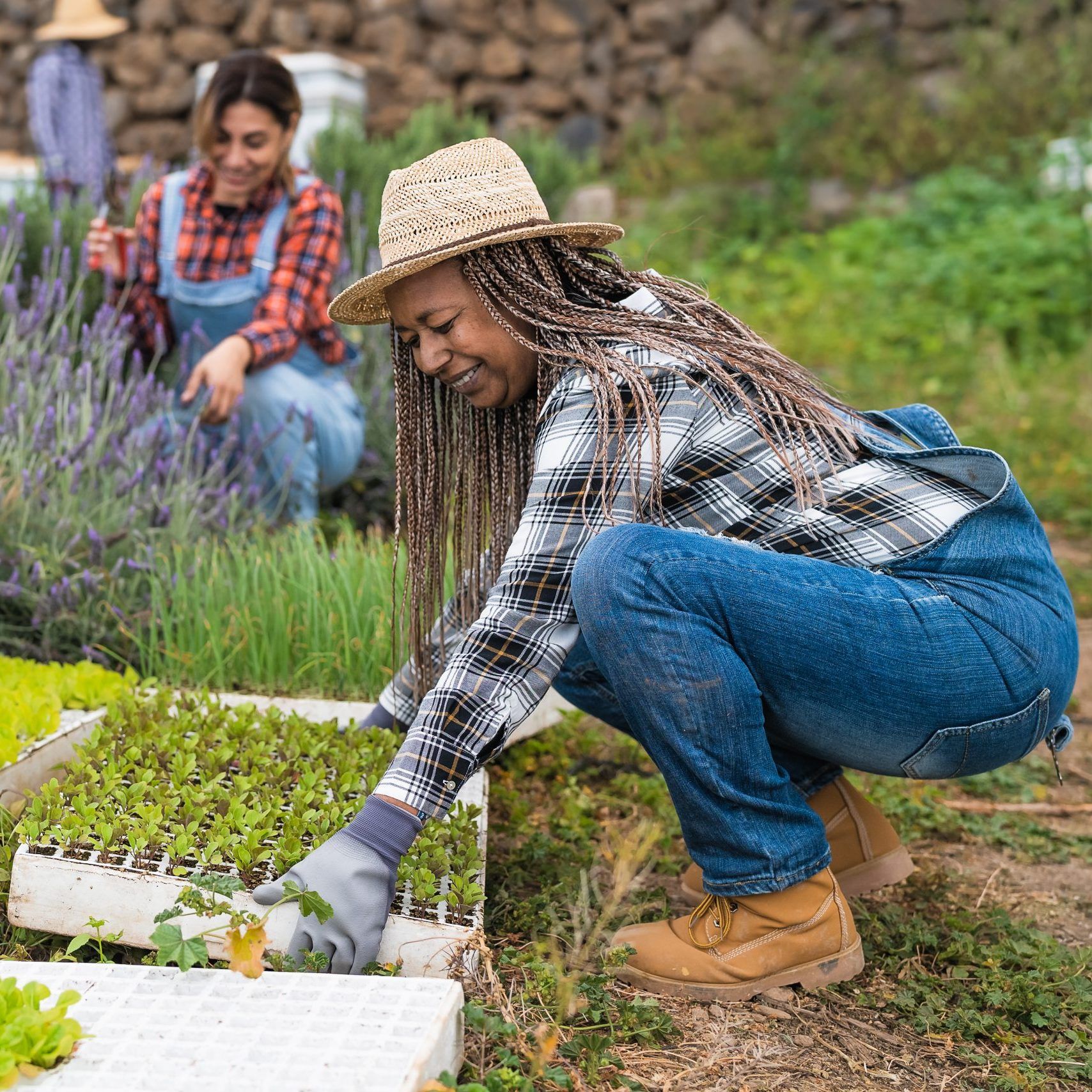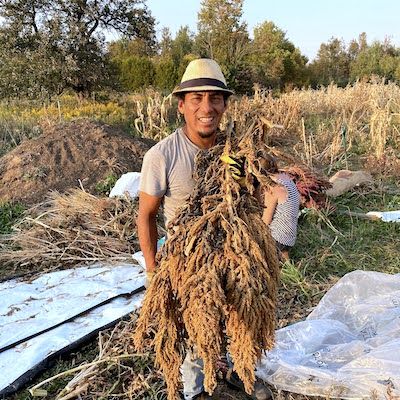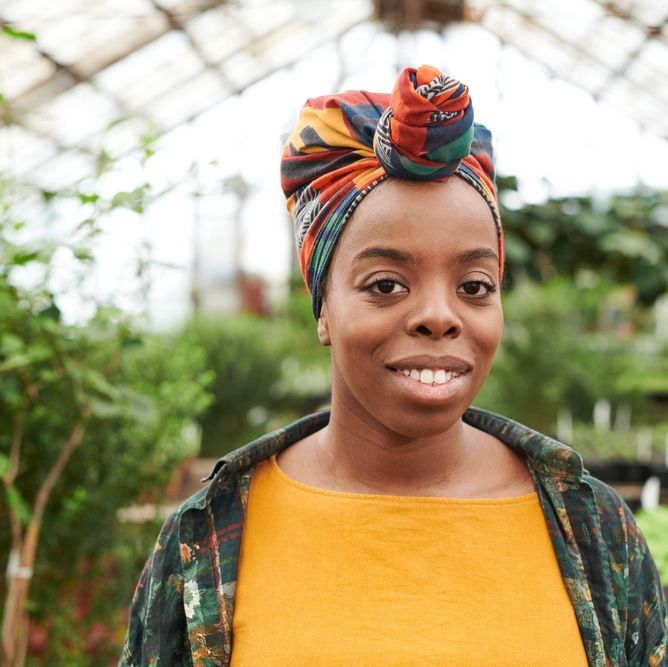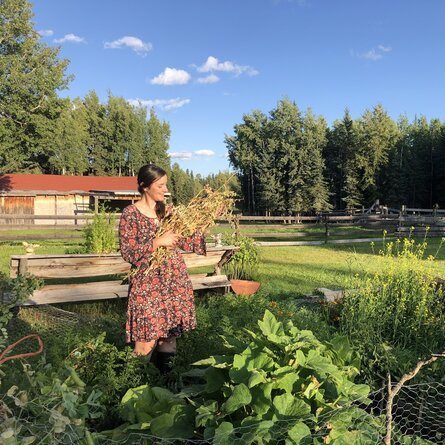Anti-Racism, Equity, & Belonging
“Let us find a way to belong to this time and place together. Our future, and the well-being of all our children rests with the kind of relationships we build today.”
– Chief Dr. Robert Joseph, OC, OBC
EFAO is committed to anti-racist action in farming. Building relationships with, listening to, learning from and supporting Black farmers, Indigenous farmers and land stewards, and other farmers of colour is key. This is a dynamic process in which we hope to inspire honest conversations and bridge-building as part of the challenging and liberatory work needed to address the profound inequities the agricultural sector has been built on.
Over the past three years, addressing the systemic oppression and barriers faced by equity deserving groups, including farmers who are Black, Indigenous and people of colour, has become a key part of EFAO’s mission to build resilient ecological farms and grow a strong knowledge-sharing community. Working collaboratively, we will better meet the needs of farmers and members who are currently underrepresented in the organization and systemically marginalized within the agricultural community at large.
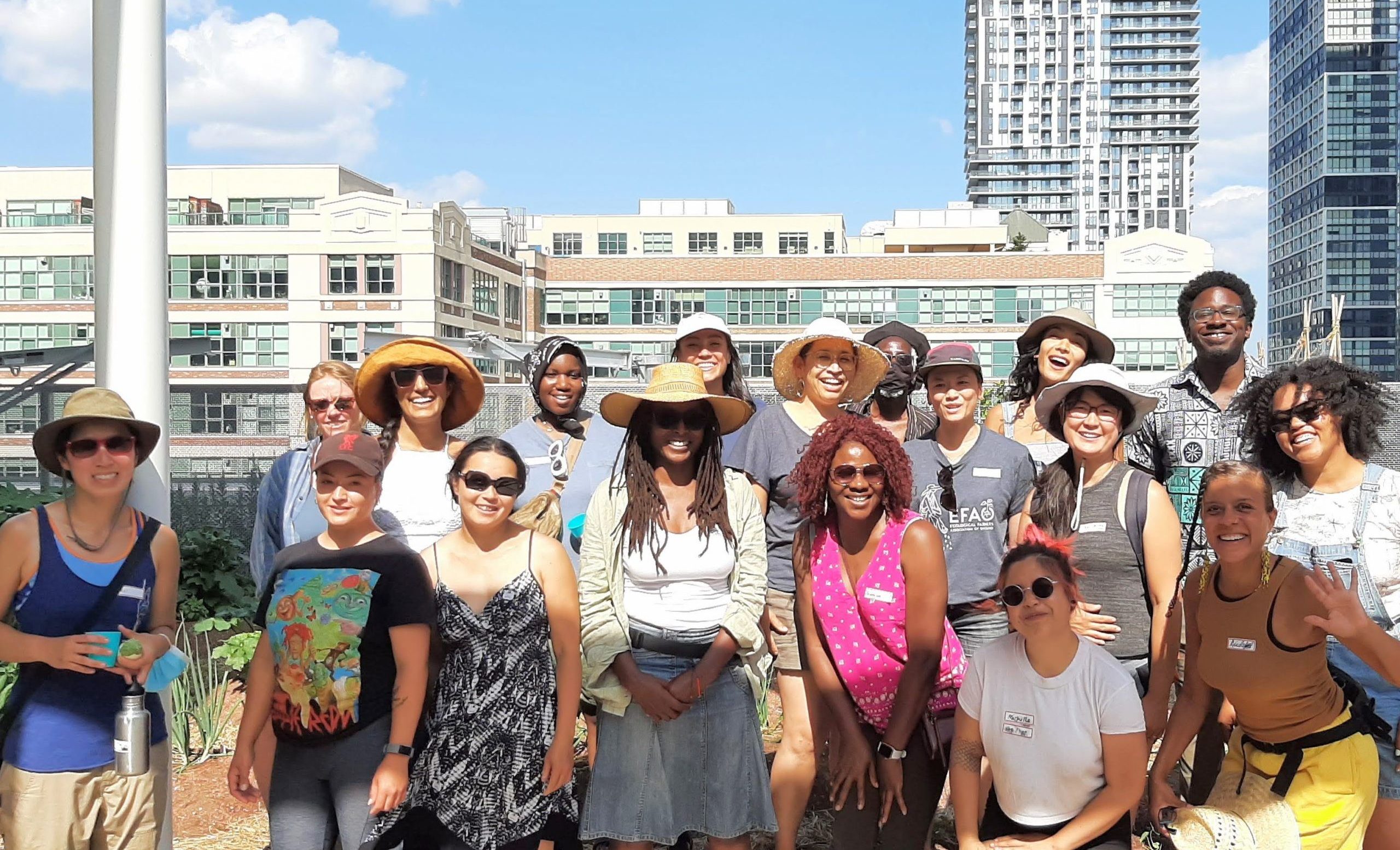
Join the Network
Connect with other racialized farmers and aspiring farmers, and receive updates on meet-ups and events.
Uplifting the Voices of Black, Indigenous, and Farmers of Colour
Hear from folx who have been featured in EFAO’s member publication.
Host or Present at an EFAO Event
Do you have expertise on a farming topic, speaking or facilitation skills, and a desire to share your knowledge?
EFAO is committed to advancing equity and anti-racism in the following areas:
RELATIONSHIPS & ACCOUNTABILITY
- Build relationships and partnerships with equity-deserving farmers and organizations and initiatives led by Black farmers, Indigenous farmers, or farmers of colour.
- Contribute to collective efforts by sharing our experiences and learning with the farmers we work with, partner organizations and others who are interested.
REPRESENTATION & LEADERSHIP
- Center the voices and experiences of equity-deserving farmers in EFAO’s current programming.
- Bring more Black, Indigenous, and team members of colour to the staff and board.
PROGRAMS & RESOURCES
- Evaluate engagement and seek feedback from equity deserving farmers around EFAO’s existing programs and resources.
- Develop and adapt programs and resources that support equity deserving farmers to build resilient ecological farms and grow a strong knowledge sharing community.
POLICIES & PRACTICES
- Integrate equity practices throughout all levels of the organization’s programs, activities and policies.
- Build the capacity of EFAO’s board and staff to support this work.
This work requires ongoing learning. Like farming, it must be sustained by long-term effort and adaptation. Activities, resources and learnings will be shared on this page to foster accountability, and support action and collaboration. We invite constructive feedback, and will continuously update this page as we learn and grow.
If you have questions or would like to learn more about EFAO’s equity and anti-racism work, please reach out to Ali English, EFAO’s Executive Director, or Angel Beyde, EFAO’s Equity and Eastern Outreach Director.
Highlights from EFAO’s Equity Survey Findings
Learn more about EFAO’s beginning steps in addressing anti-racism and equity in agriculture.
Farmers for Climate Solutions Equity Framework
Commitments to advancing equity in policy and advocacy work.
Anti-Racism Resources
Websites, articles and information compiled by EFAO members, board, and staff.
Terminology
Definitions for equity-related terms used in EFAO’s publication and across this website.
Uplifting Voices
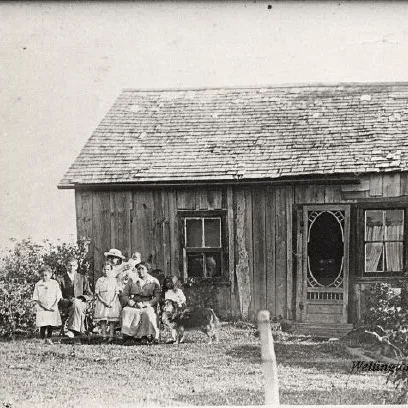
Rooted in Resistance: Honouring Black Farming Communities in Ontario
By Angel Beyde The history of Black farming in Ontario is one of resilience and generational strength. From the early 1800s onward, Black freedom seekers escaping slavery in the U.S. journeyed to...
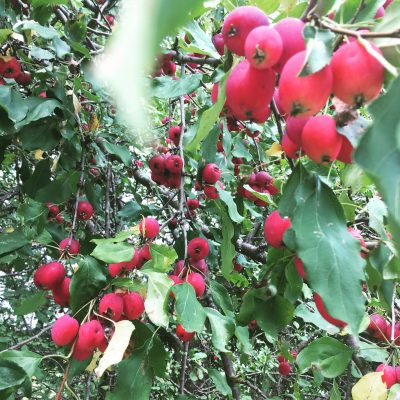
Ecological Farmers Association of Ontario Launches New Food Forest Program for Indigenous Farmers, Growers and Communities
EFAO is launching a Food Forest Program for Indigenous growers through funding received from the governments of Canada and Ontario.
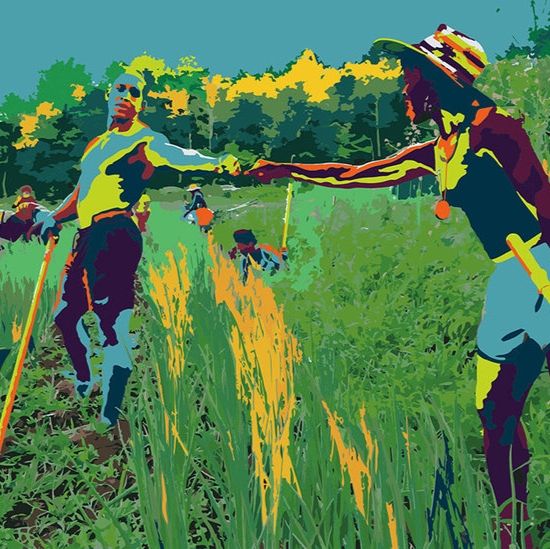
Dig into these titles for Black History Month
Immerse yourself into stories of how Black farmers have shaped agriculture, are working to protect farmland, and so much more!
Anti-Racism Resources
EFAO Resources
Working for Racial Justice in Farming: Panel Discussion Recording
At EFAO’s 2020 Virtual Conference, several racialized farmers and farming leaders discussed how racism and systemic racism affects Black, Indigenous and other farmers of colour. In this inspiring conversation, we heard about steps we can take together for racial justice within the ecological farming movement.

Other Resources
Farming While Black: Soul Fire Farm’s Practical Guide to Liberation on the Land
Centre for Community Organizations: White Supremacy Culture in Organizations
The National Young Farmers Coalition (USA): Young Farmers Racial Equity Toolkit
Terminology
Equity, diversity and inclusion are important ideas.
For the purposes of this work, we understand the terms to mean:
- Equity describes a degree of fairness in terms of access to the industry and possibility to succeed within the industry.
- Inclusion describes the degree to which new entrants of diverse backgrounds have an opportunity to enter and succeed in the sector.
- Diversity is a measure of past success or failure in inclusion.

We are all coming to these conversations from a different place.
Here is a list of terms used throughout EFAO’s website and other communications. If there is a word or term you are unfamiliar with, please let us know and we will be happy to provide an explanation or add it to this list:
Equity deserving farmers represents farmers who identify as young, women, people with disabilities, Black, Indigenous, people of colour, 2SLGBTQ+, new Canadians and/or small-scale farmers.
2SLGBTQ+ is an acronym representing Two-Spirit, lesbian, gay, bisexual, trans, queer, and gender diverse people.
Indigenous in this context represents First Nations, Métis and Inuit Peoples, as well as Indigenous Peoples from other lands.
Indigenous farmers and food providers acknowledges Indigenous Peoples as stewards of the land who do not necessarily farm.
Young farmers represent youth between 18-30 years of age.
New Canadian farmers represent people who are new to Canada and who are farming.
Barriers to enter and succeed can represent systemic, economic, historic, social, and cultural barriers.
Borrowed from Farmers for Climate Solutions’ Commitment to Equity.
